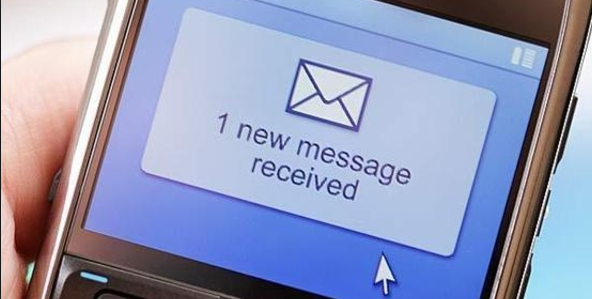Kenyans have clung onto short text messages (SMSs) despite actively using web-based message apps that include WhatsApp, Facebook and Twitter.
The number of messages Kenyans send remains high about five years since social media craze hit the nation, as the love defies trends in other parts of the world.
Kenyans sent up to a record 13 billion text messages in three months, recent figures from the Communication Authority of Kenya (CA) show.
This translates to about 400 messages per individual who owns a mobile phone in the country as subscription stands at 39 million, the CA data for the period January to March indicates.
“The volume of SMSs sent stood at 12.8 billion messages, a slight decline from the previous quarter’s 15 billion messages,” said the CA.
But the regulator attributed the drop to seasonal changes over the periods, where the quarter October to December experienced many busy activities like the Christmas holidays and long school holidays, which saw many people texting.
Nearly 95% of the text-messages are sent on Safaricom network with the other five sharing the rest.
Safaricom during the quarter under review recorded a total of 12.6 billion messages sent from its network.
Analysts cite a number of reasons as to why Kenyans have clung onto SMSs even as the world shifts to social media and other forms of internet messaging. Bernard Mwaso of Edell IT Solutions in Nairobi attributed the resilience of SMSs to the promotions offered by the telecoms.
ALSO SEE:
- Kenyans moved Sh1.2 trillion via mobile phones in three months, report shows
- Equitel transfers record 21% upsurge in three months
- New service delivery charter should take CA closer to the people
All the mobile phone operators in Kenya currently offer their customers daily bundle packages ranging from 20 to 500 SMSs and go at between Ksh 5 to Ksh 20.
“If one gets 500 SMSs at Ksh 20 (US$0.19), why would they not write text messages all daylong? This is what is making Kenyans to keep on texting because the service is too cheap, the cost nearly negligible as compared to social media where one has to buy internet bundles,” he said on Wednesday.
Normally, it costs Ksh 1 to send a single text message, but with the packages, one sends SMSs almost for free.
Mwaso further observed that the convenience of text messages makes the service further more popular.
“You can send to anyone a text-message instantly regardless of whether they have a smart or dumb phone. This is not the case with social media where one has to have a smart phone to access the service. SMSs therefore remains the most appealing way to send messages among the 39 million subscribers,” he said.
Appeal of text-messages has, therefore, made Kenyans embrace both the free message apps and the former.
“When I joined Facebook, I tried ignoring SMSs because I thought the service has been overtaken by time but I failed. What drove me back to SMS was the bundles the telecoms offer. But now I use both the social media apps and SMSs,” said 25-year-old university student Hazel Lihanda.
However, as use of SMSs soars amid social media use, the use of Multimedia Messages (MMS) has declined considerably affected by the free message apps. It costs 0.10 dollars to send a single MMS, which is too costly.













Leave a comment